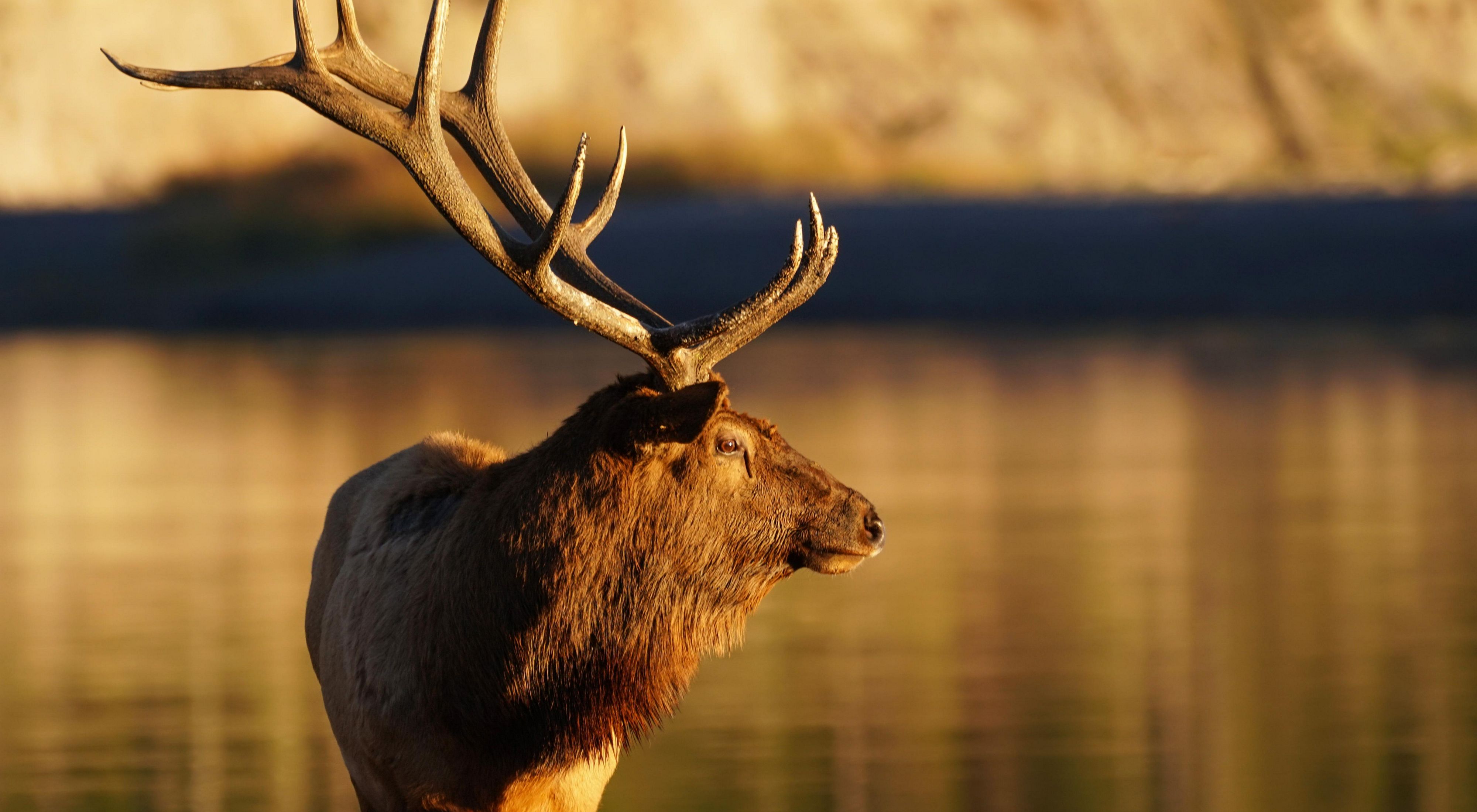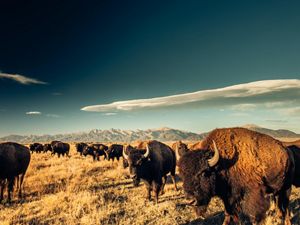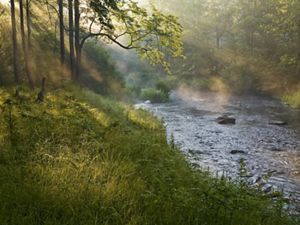Landmark Wildlife Conservation Bill Clears U.S. House
Recovering America’s Wildlife Act would invest billions in state, local and tribal conservation efforts
Media Contacts
-
Eric Bontrager
The Nature Conservancy
Phone: 703-887-0559
Email: eric.bontrager@tnc.org
The U.S. House of Representatives today approved the largest investment in U.S. wildlife conservation in decades, voting 231-190 to send the proposal to the Senate.
The bipartisan Recovering America’s Wildlife Act (RAWA) would invest $1.397 billion per year in state, local and tribal efforts to help wildlife at risk. When passed, RAWA will empower states and tribes to do more to restore wildlife habitat and take other steps critical to halting the global biodiversity decline. States and tribes have a long track record of success with this work, including efforts that save money by acting before a species requires “emergency room” intervention from the Endangered Species Act. The work RAWA will support has multiple benefits for communities, including job growth in the restoration economy and expanded outdoor recreation opportunities.
The package now heads to the U.S. Senate where, earlier this year, the chamber’s Environment and Public Works Committee also passed its version of the bill with bipartisan support. There is an ongoing discussion of pairing RAWA with legislation to end the increasing abuse of conservation easements for tax shelter purposes. The bipartisan Charitable Conservation Easement Program Integrity Act would put a stop to these fraudulent actions and, in doing so, cover most of the cost of RAWA.
Quote: Kameran Onley
The Recovering America’s Wildlife Act would invest in time-tested, locally driven strategies to restore species and the ecosystems that sustain them.
The following is a statement by Kameran Onley, director of North American Policy and Government Relations at The Nature Conservancy:
“America’s biodiversity loss is not just a crisis for the species that make up the country’s unique and iconic wildlife; it’s a threat to our future. These species are a cornerstone of our economy, our environment and our way of life. The Recovering America’s Wildlife Act would invest in time-tested, locally driven strategies to restore species and the ecosystems that sustain them. Working at the community level creates more buy-in for these strategies and delivers better conservation successes for nature and people alike.
“We’re encouraged by today’s vote and the growing momentum to enact RAWA this Congress. Pairing RAWA with the bipartisan Charitable Conservation Easement Program Integrity Act is the logical next step. Doing so would secure two major conservation wins – with the easement bill covering a substantial portion of the cost of RAWA. Ending the tax abuse of conservation easements, which costs taxpayers billions and undermines the integrity of this critical conservation tool, is a fiscally responsible solution for America’s biodiversity crisis and conservation needs. Coupling these bipartisan bills together is the best chance we have to pass both proposals, and we urge the Senate to act soon.”
The Nature Conservancy is a global conservation organization dedicated to conserving the lands and waters on which all life depends. Guided by science, we create innovative, on-the-ground solutions to our world’s toughest challenges so that nature and people can thrive together. We are tackling climate change, conserving lands, waters and oceans at an unprecedented scale, providing food and water sustainably and helping make cities more sustainable. Working in more than 70 countries and territories, we use a collaborative approach that engages local communities, governments, the private sector, and other partners. To learn more, visit nature.org or follow @nature_press on Twitter.



